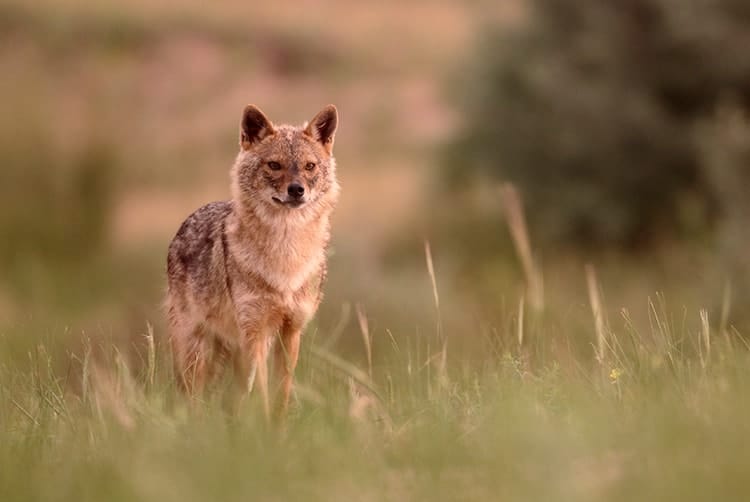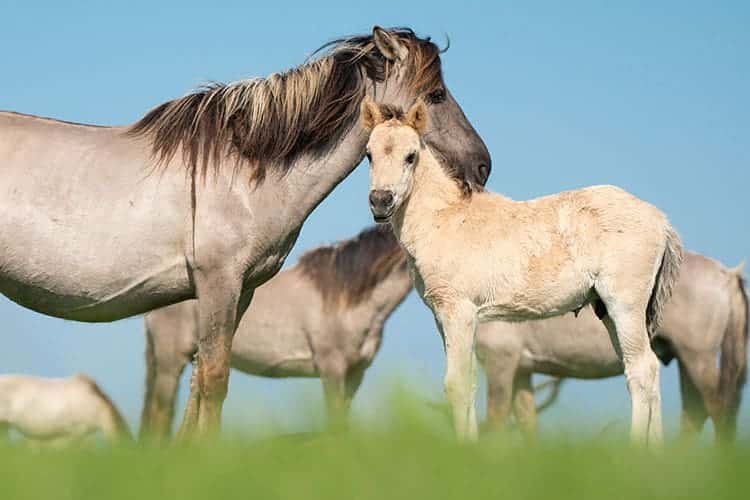
Time to Thrive: Neonatal Health Concerns
Time is life for a foal. Here’s a look at the top causes of illness in newborn foals and how to manage a sick foal.

Time is life for a foal. Here’s a look at the top causes of illness in newborn foals and how to manage a sick foal.

An equine reproduction specialist reviews signs that suggest a mare is in foal and how to find out definitively.

Researchers discovered a connection between Chromosome 25 and the presence of kissing spines in horses.

An equine veterinarian explains the risks of breeding an insulin-resistant mare.

How can biomarkers be used to help improve performance and reduce injury risk in horses?

An overactive immune system, environmental factors, genetics, and exposure all contribute to equine allergies.

Giving medications to pregnant mares is never without risk and should always be discussed with your veterinarian.

The American Association of Equine Practitioners has published new nocardioform placentitis guidelines to help veterinarians help protect their clients’ broodmares and unborn foals.

Friesian breeders can test for the variant to implement early veterinary management and avoid breeding carriers.

Techniques that allow researchers to understand the underlying mechanisms of disease include genetic analyses, RNA sequencing, and advanced proteomics and lipidomics.

If you suspect your horse’s hair whorls have something to do with his personality, you might be right.

Age can affect a stallion’s fertility and his ability to settle mares. Reproduction specialist Dr. Ryan Ferris explains.

Researchers monitored mares’ heart rate responses to sounds of certain predators. Here’s what they found.

Research results could lead to better identification of horses likely to gray early or pass on gray-with-age genes and a clearer understanding of how the mutation affects horses’ health.

Three scientists discuss genetic variation in horse breeds, why it’s important, and what we’ll learn from the Thoroughbred Genetic Diversity project.

Researcher: ACOX1 might factor into energy metabolism that contributes to the different needs of certain breeds, including Thoroughbreds and Arabians, as well as “rustic” breeds capable of surviving harsh conditions.
Stay on top of the most recent Horse Health news with
"*" indicates required fields